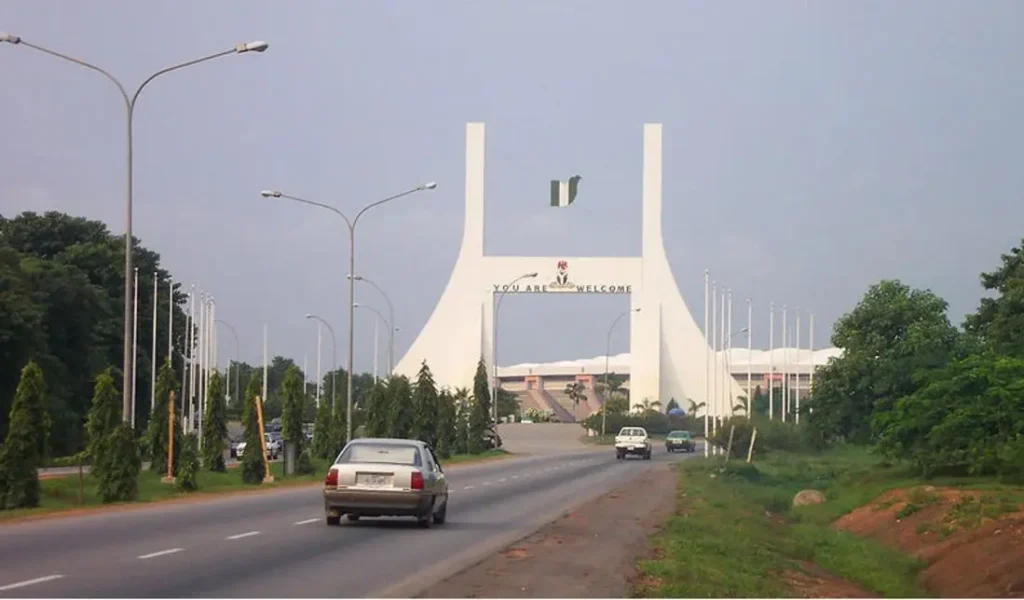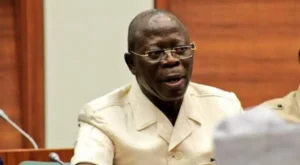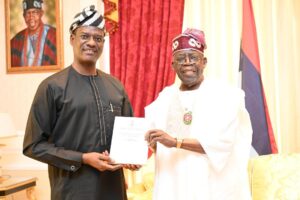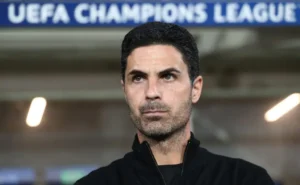In the Federal Capital Territory (FCT), Abuja, many people cross busy highways without using pedestrian bridges. Even though these bridges are built to keep people safe, many still choose to cross the road directly.
This happens in places like Gwarinpa, Gwagwalada, Lugbe, Berger, NICON junction, Wuye, Nyanya, and Mararaba, which is just outside the FCT. Instead of using the bridges, some people use them as markets or places to rest.
Because of this, many people have died trying to cross highways in the area. Sometimes, there is no pedestrian bridge nearby, and people have no choice but to cross the road.
For example, in April, a young man who was going to work was hit and killed at Berger Junction because there was no pedestrian bridge. His office was just across the road, but he had to cross on foot and was hit by a speeding car.
In another case, in early May, a young man was killed at Galadimawa Junction while crossing the road instead of using the pedestrian bridge. The driver of the car said he did not see the man because he did not expect anyone to cross there.
The police at the scene told people to always use pedestrian bridges to stay safe. Pedestrian bridges are very important in busy cities to keep people safe from fast-moving vehicles.
Unfortunately, many people in Abuja do not use the bridges and cross the highways anyway. This also causes cars to slow down.
Most highways have concrete barriers to stop people from crossing, but many still jump over these barriers to cross the road. This is very dangerous because they cannot always stop safely in the middle of the road.
A group called the Uche Collins Foundation wants to work with others to teach people in the FCT to use pedestrian bridges. They said many bridges are just decorations and not used properly.
Many residents say they know the risks but cross anyway because they are in a hurry. One resident, Peter Adebayo, said crossing the highway without using the bridge is like risking death. He also said the government places bridges too far from where people need them, making it hard to use them.
Another resident, Ola Abiola, said the government and builders do not build pedestrian bridges in the right places and need better supervision.
Some people, like Ephrain Ager, cross the road because the bridges are too far from bus stops. But others, like Ngozi Nnanna, say safety should always come first, and she uses the bridges no matter the distance.
A taxi driver, Ikechukwu Ubani, said pedestrians often underestimate how fast cars move and get hit because they think cars are far when they are actually close.
Efforts to get the government to enforce the use of pedestrian bridges have not been successful so far because calls to officials have not been answered.







